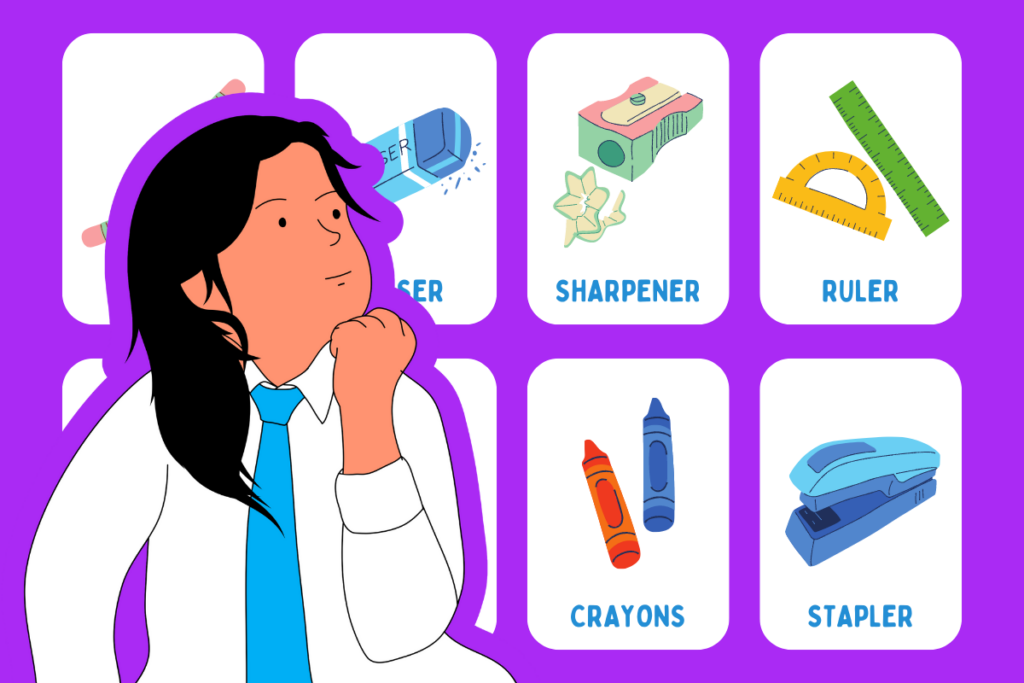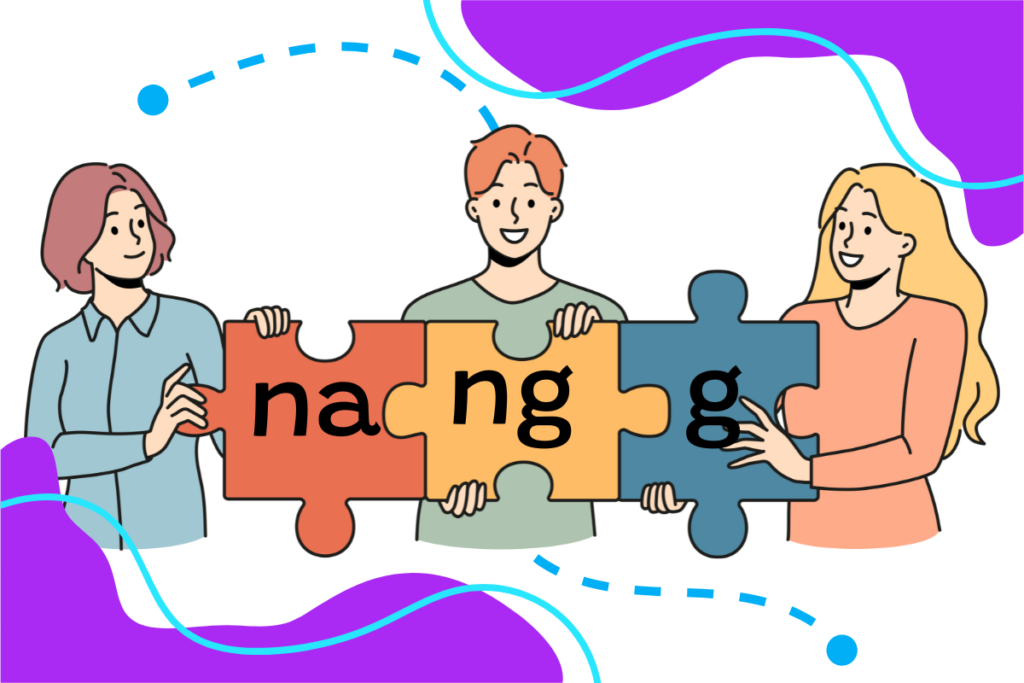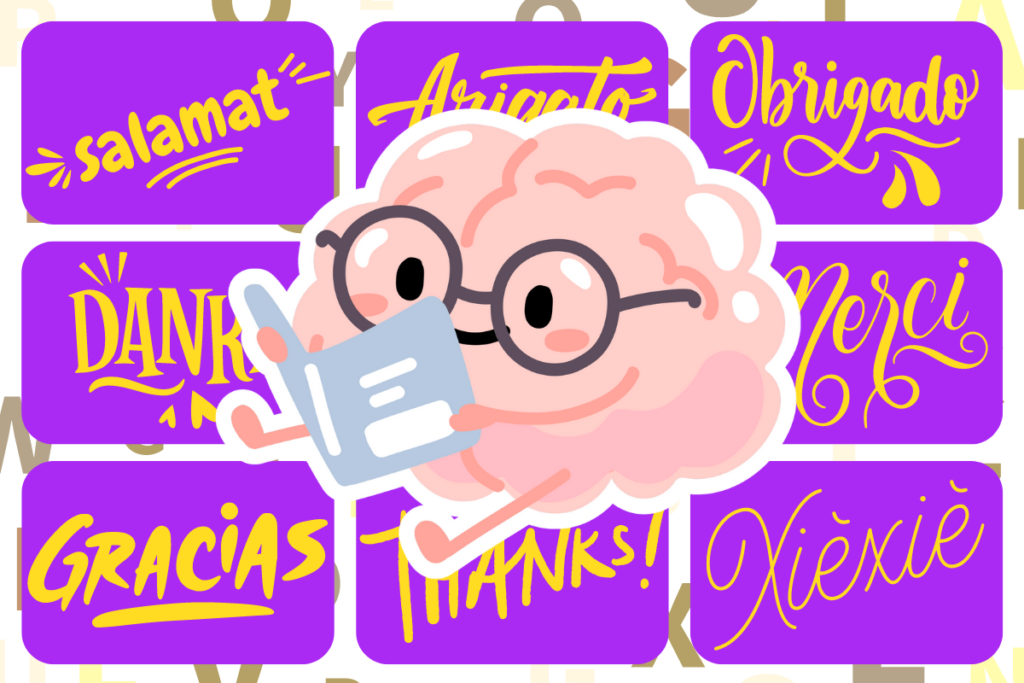How To Say No: Negative Sentences in Tagalog

There are times in which you don’t agree with something or someone. But how do you express that? Easy, by using negative particles and creating negative sentences in Tagalog.
First Conversations in Tagalog: Common Scenarios

Getting comfortable with Tagalog begins with understanding some common statements. Let’s go through possible scenarios such as greetings, basic courtesy, polite speech, and more.
Actor-Focus and Object-Focus Verbs in Tagalog

Verbs play a central role in expressing actions, events, and states of being. There are two main verb focuses in Tagalog–actor-focus and object-focus.
8 Strategies To Expanding Your Tagalog Vocabulary

When learning Tagalog, broadening your vocabulary may feel overwhelming. The sheer number of words to learn, along with their various meanings and uses, can make the task seem daunting. But not to worry, there are several strategies to expanding your Tagalog vocabulary.
Tagalog Language Learning Resources You Can’t Miss

Tagalog is a language unique to the Philippines. For those living outside the Philippines who are eager to learn the language, it can be difficult due to the limited availability of Tagalog language learning resources.
Here is a compilation of must-use resources for Tagalog learning.
Question Words in Tagalog: The 5Ws and 1H

Questions are fundamental in any language as they allow you to gather information, clarify details, and engage in conversations. For that to happen, learning about question words in Tagalog is a must.
Na, Ng, G: How To Connect Words Using Tagalog Ligatures

In Tagalog sentence construction, you need more than just a repertoire of words. You also need to connect words using Tagalog ligatures or pang-angkop.
By learning how to properly use ligatures, you elevate your language skills and can speak more naturally.
Talk Like A Local: Formal and Informal Speech In Tagalog

If you think about it, speech has two modes, like a switch. That’s the case with formal and informal speech in Tagalog.
Science Says: Understanding How Our Brains Learn Languages

Have you ever wondered how our brains learn languages?
Knowing the technical aspects can be beneficial in your language learning journey. When you know how your brain works and reacts, you will better understand how to learn a language more effectively.
Tagalog Pronunciation Guide: Mastering Sounds and Intonation

When learning a language, there is one thing that is as important as grammar—pronunciation. Knowing the pronunciation nuances of the modern Filipino alphabet can significantly smoothen your path toward mastering the language.
Being Bilingual and Multilingual: Benefits and Challenges

Language is an essential part of our lives, whether spoken, written, or signed. The reach of one language is already far-reaching; imagine knowing two, or even better, being a polyglot.
There are several perks to knowing more than one language, some more observable than others.
Tagalog Learning Strategies for Busy Language Learners

Most adults live a busy lifestyle, but that doesn’t mean that there’s no room for learning of any kind. For instance, learning a language like Tagalog.
So, what are the strategies for busy language learners?
